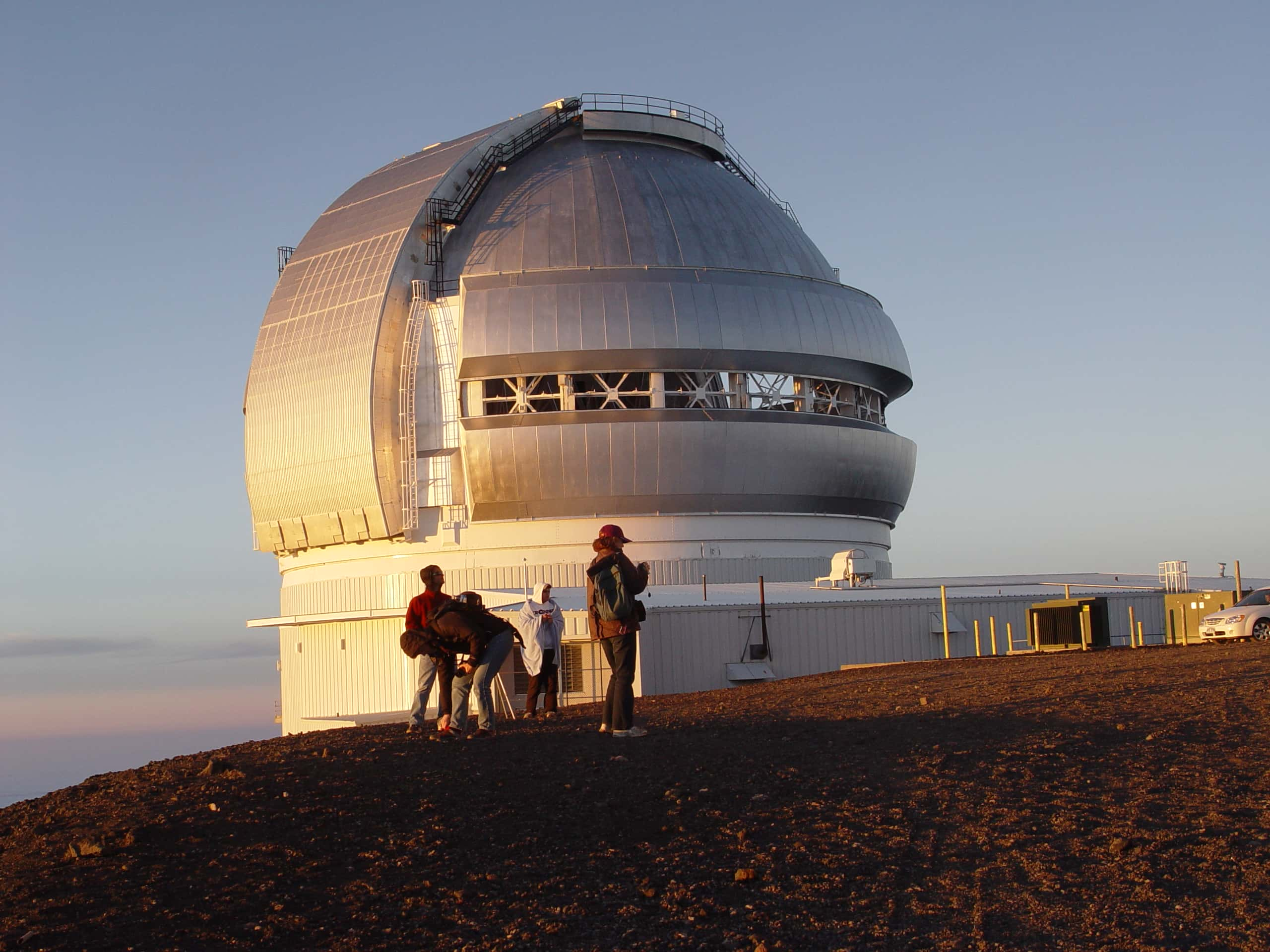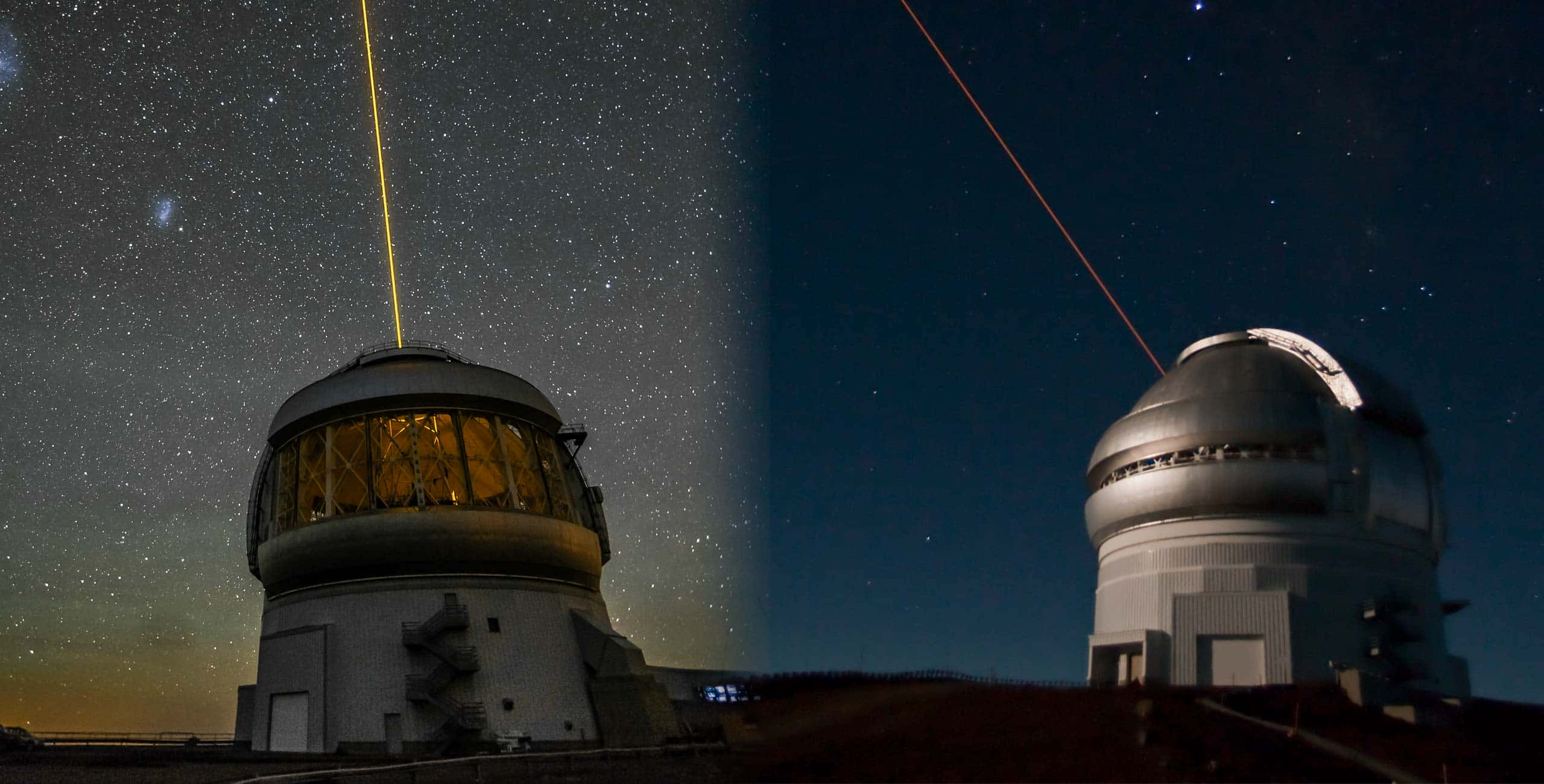Pledged to cut its planet-warming carbon emissions by half before 2027, the organization is set to implement transformative changes across its infrastructure and staff travel habits.

NOIRLab, overseeing various observatories like the Gemini South Telescope in Chile, declared a significant move towards cleaner energy practices on Monday
The Gemini South Telescope, part of the International Gemini Observatory managed by NOIRLab, will witness a groundbreaking shift. New funding from the National Science Foundation will facilitate the installation of solar panels and batteries, ensuring the Gemini South Telescope operates entirely on renewable energy by 2027. Currently, the Gemini South Telescope benefits from solar panels providing around 28% of its power, contributing to NOIRLab’s initiative to combat the carbon footprint generated by large observatories.
Studies from 2022 highlighted the immense carbon dioxide output from observatories and the energy-intensive demands of supercomputers utilized in astronomical research. NOIRLab aims not only to render the Gemini South Telescope carbon neutral but also to cover a significant portion of the forthcoming Vera C. Rubin Observatory’s electricity needs by 2025.
The organization’s measures will decrease its annual carbon footprint by approximately 2900 tons of carbon dioxide, equivalent to the electricity consumption of 500 typical U.S. households
However, NOIRLab aims for an even greater reduction, targeting a decrease of about 6,200 tons of carbon dioxide emissions, akin to the yearly electricity usage of 1,250 U.S. homes, before the end of 2027. NOIRLab’s comprehensive strategy involves infrastructure enhancements, transitioning to electric vehicles, and reducing staff air travel, acknowledging the environmental impact of conferences and academic activities. Funds freed up from cutting staff air travel will be redirected to installing energy-efficient equipment and additional solar panels across NOIRLab’s facilities, reinforcing their commitment to sustainable practices.
READ ALSO: New Moon Mission Milestone: Chandrayaan-3 Explores Lunar Ice, Advancing Human Presence




